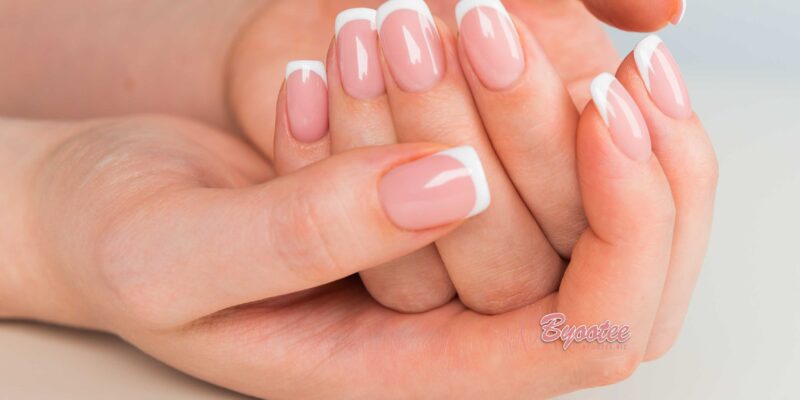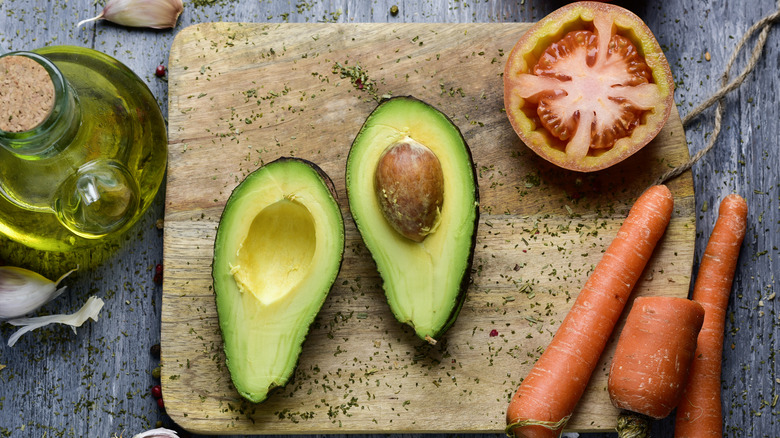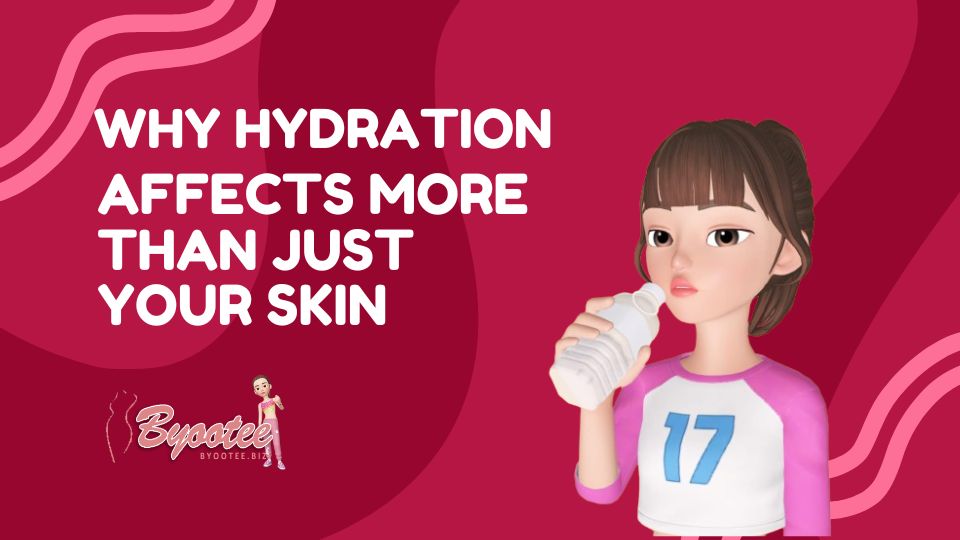Here's the deal, we all know that exercise should be a regular part of our…

Signs that you are healthy
Having normal vital signs is, well, vital. By looking at a person’s blood pressure, heart rate, and respiratory rate, health care providers can get a good sense of how well your insides are working. As published in the BBC report, normal, healthy vital signs include “blood pressure below 140/90 mmHg each time it is taken, a resting pulse of about 70 beats per minute, and a respiratory rate of about 16 to 20 breaths per minute.”
Health is Wealth!
Here’s what physicians, researchers, and other folks in the know have to say when it comes to indicators of good health.
Healthy Hair
While brittle, dry, or thinning hair can be signs that something might be going awry (such as hypothyroidism, stress, or nutrient malabsorption), the reverse is also true: healthy hair is an indication of a healthy body. “Hair is a barometer of your overall health,” says British Science Corporation in New York City’s hair and scalp expert, David H. Kingsley, Ph.D.
“Good hair depends on the body’s ability to construct a proper hair shaft, as well as the health of the skin and follicles,” writes Today show health expert Joy Bauer, MS, RDN. “Good nutrition assures the best possible environment for building strong, lustrous hair.” Nourished by key components of your diet like protein, vitamins, and healthy fats, healthy hair reflects that you’re eating well and absorbing all the good stuff from your food.
Health Gum and Teeth
Strong teeth and healthy, pink gums that aren’t inflamed play a key role in staying healthy, as does proper oral hygiene.
Just like other areas of your body, such as your skin and intestines, your mouth is full of bacteria. While most of them are totally harmless or even beneficial, according to the Mayo Clinic, “Normally the body’s natural defenses and good oral health care, such as daily brushing and flossing, can keep these bacteria under control. However, without proper oral hygiene, bacteria can reach levels that might lead to oral infections, such as tooth decay and gum disease.”
It’s also possible that those run-amok oral bacteria (bacteria gone wild?), along with the inflammation that accompanies a severe form of gum disease called periodontitis, may have a role in the development of other problems such as cardiovascular disease and, among women who are pregnant, issues like premature birth and low birth weight. Moral of the story: floss often (even though it’s quite possibly *the* most onerous of hygiene tasks), and visit your dentist regularly.
Always been over-looked : Your Tongue
Melanie St. Ours, a Baltimore-based clinical herbalist, wrote a piece for MindBodyGreen detailing how the Chinese Medicine-inspired practice of tongue reading can be a great barometer of health and wellness.
“It’s not a substitute for medical diagnosis, but if you want to get a sense of how well you’re digesting last night’s dinner, or how your body is handling stress, your tongue can tell you a lot.”
Other tongue signs include a thick coating ─ particularly towards the back ─ which signals that your digestion isn’t performing optimally, and teeth marks on the sides of the tongue, which “point to low energy, sluggish digestion, loose stools, and mental rumination.”
St. Ours encourages people to let their tongue readings guide them toward positive changes. “Let your tongue reading inspire you to make the necessary shifts so that you can thrive,” she wrote. “Then, enjoy watching your tongue change in response to your new healthy habits!”
Enough Sleep
According to the UK’s National Health Service (NHS), lack of sleep puts people at higher risk of all sorts of less-than-fun conditions such as diabetes, weight gain, and heart disease, and can even decrease a person’s life expectancy. As the NHS states, “It’s now clear that a solid night’s sleep is essential for a long and healthy life.”
Harvard Medical School’s Division of Sleep Medicine notes that “scientists have gone to great lengths to fully understand sleep’s benefits. In studies of humans and other animals, they have discovered that sleep plays a critical role in immune function, metabolism, memory, learning, and other vital functions.”
So, needless to say, getting enough sleep ─ and feeling well-rested, rejuvenated, and energized when you wake up ─ is a sign of good health.
Waist Circumference
Nowadays, physicians are leaning more towards waist circumference as a key health indicator, according to TIME. According to recent studies, accumulating fat in the abdomen poses a greater health risk than simply being overweight by BMI standards ─ in fact, a 2008 study indicated that even among people who were not considered to be overweight, a larger waist was correlated with a greater risk of early death. Research suggests that this may be because fat that accumulates in the midsection is more metabolically active than fat that sits beneath the skin, so it secretes hormones and other cells that affect the body’s biochemistry. Even in people whose BMI is normal, “having a large waist may mean that they are at higher risk of health problems than someone with a trim waist,” according to the Harvard School of Public Health.
Healthy Nails
Another window into your health is, one might say, right at your very fingertips: it’s your nails!
“Your nails are a very good reflection of your health. Many things can occur in the nails that can signify systemic or skin problems,” says dermatologist Christine Poblete-Lopez, MD, of the Cleveland Clinic. According to Dr. Poblete-Lopez, just like stress can affect your hair, your nails can also reveal signs of strain on your body.
A pink nail bed without lines or discolorations, as well as strong nails without pitting, lines, or weakness, are all signs of good health. However, if your nails undergo changes like discoloration (whiteness or brown marks in the nail bed) or start to look pitted, it could be a sign that something is amiss. “Changes in the nails can be a sign of a local disease like a fungus infection or a sign of a systemic disease like lupus or anemia,” according to Joshua Fox, MD, director of Advanced Dermatology and spokesman for the American Academy of Dermatology.
Healthy Eating
According to the Harvard School of Public Health (HSPH), regularly eating your fruits and veggies “can lower blood pressure, reduce risk of heart disease and stroke, prevent some types of cancer, lower risk of eye and digestive problems, and have a positive effect upon blood sugar.” Variety and quantity are equally important, HSPH notes, because each piece of produce is different; “no single fruit or vegetable provides all the nutrients you need to be healthy.” So, it’s important to eat a wide variety of produce, with as many different colors as possible, each day. (Think “taste the rainbow,” but with things like apples, carrots, and purple cabbage, instead of Skittles.)
If totally overhauling your diet seems way too overwhelming, there’s some good news: according to TIME, a recent study has shown that just adding more healthy foods to your diet — even over the course of years, as opposed to the radical overhaul of your diet in days or weeks — can have a positive impact on health and longevity. So, no need to clean out and replace all the food in your house — just adding some fruits and veggies to your day can make a big difference.
Strive to be healthy
One thing that people often find when trying to make healthy changes is that it can all feel totally overwhelming. (Overhaul your diet! Exercise every day! Eliminate sugar! Go to bed early! Hustle! Grind! No excuses! Oh, and be sure to relax!)
But, if you find that you want, or need, to make some changes, it’s okay to take things slowly. Adding in a few things that you feel good about, whether it’s a piece of fruit with lunch, an afternoon walk, or calling a friend for support, can actually go a long way. Doing the best you can with the circumstances and resources that you have is, in fact, a huge victory!













